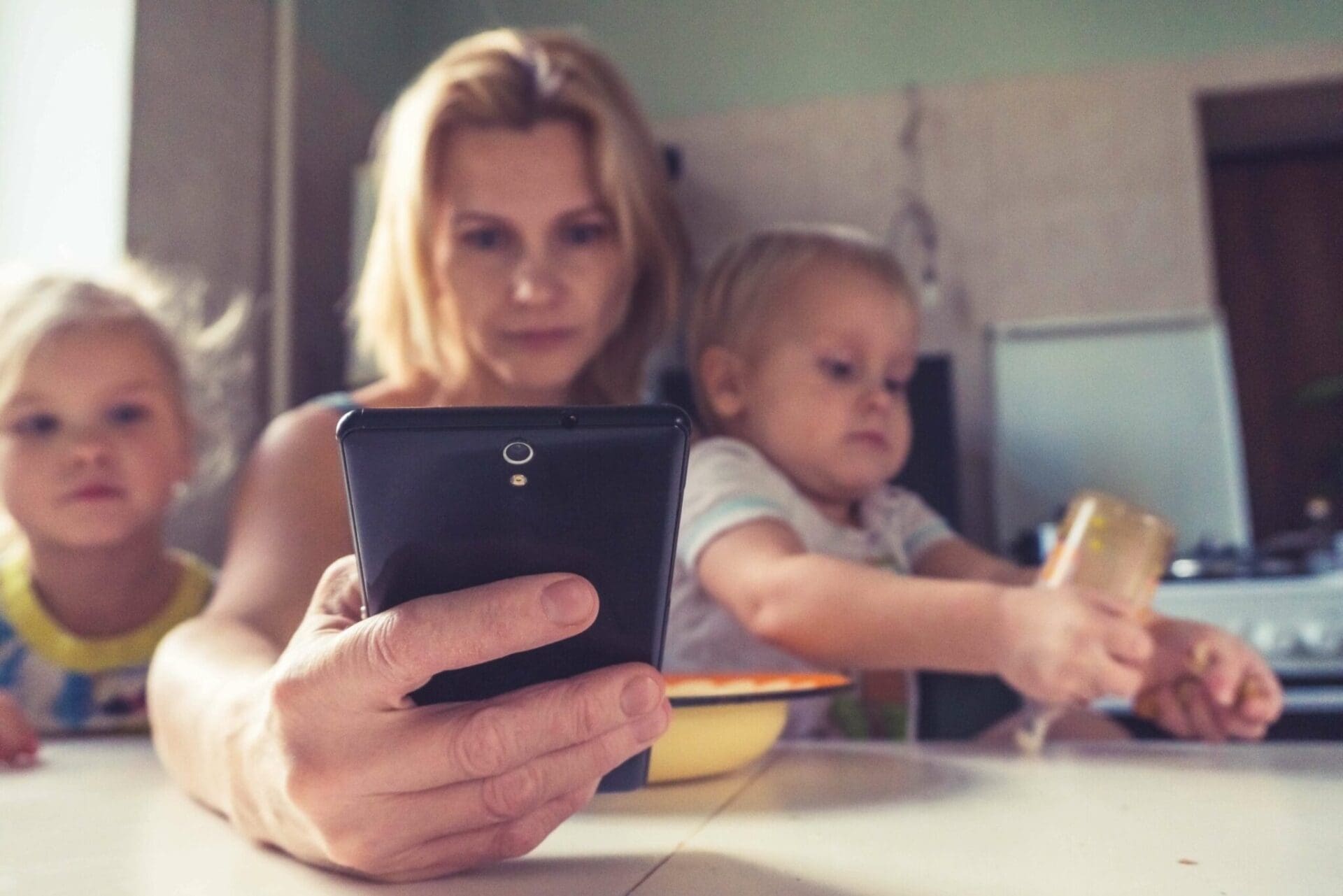
When you and your spouse decide to go your separate ways, your mind will be no doubt flooded with questions ranging from your living situation to custody issues. However, the thing couples tend to worry about most is how their divorce will affect their children. Considering that even pets are affected by divorce, it’s clear that the impact on our children can be even more profound.
Couples may even wonder if they should stay together for the sake of their children. However, that decision could have a worse impact on children than a divorce. Studies have shown that children who live in high-conflict families can have problems with self-esteem, forming and maintaining relationships, managing their emotions, and may also have trust issues in the future.
And although divorce is stressful for children, if you know what to look for, you can implement strategies that will help your child better adjust to their life after divorce. This article will cover some of the ways that your divorce may impact your child.
Mental health problems may increase in children of divorced parents regardless of age, gender, and culture. Many children may experience an adjustment disorder that may resolve itself, but studies have shown that depression and anxiety rates of children from divorced parents are higher than those of children whose parents are still married.
Divorce can turn a child’s world upside down, and they have no control of what is going on. Although children of any age can experience anger, school-aged kids and teenagers are most likely to experience it. The anger may be directed towards one or both parents, friends, or even inward if a child blames themself for their parents’ divorce.
If your child is typically a social butterfly but has become shy and anxious, that could also be a result of what they are going through from the divorce. They have a lot of feelings going on and a lot to think about, which could lead to them losing interest in activities or even being afraid to be in social situations. Low self-esteem is associated with social withdrawal and divorce, so if you can boost your child’s confidence, that could help bring them back out of their shell.
If your child is depressed, neglected, or distracted by the conflict at home, it could negatively affect their academic performance. For example, children going through a divorce may get lower grades, and the dropout rate is even higher than their peers.
And while grades may suffer for children from divorced families, a 2019 study suggested that kids from divorced families tend to have trouble in school if their parents’ divorce was unexpected, while children in families where the divorce was expected didn’t have the same outcome.
If you have younger children, you may notice that they start showing signs of separation anxiety. And although separation anxiety is a developmental milestone that occurs between six and nine months, it is typically resolved by eighteen months. However, after a divorce, you may find that older toddlers and school-aged children may once again start experiencing separation anxiety.
Toddlers and children between eighteen months and six years old may regress to behaviors such as wetting the bed, clinginess, sucking their thumbs, and temper tantrums. Regression can be a sign of increased stress on your child. They could be reverting to a time when they felt love in the family instead of the conflict they are currently experiencing.
Adolescents from divorced homes are more likely to engage in alcohol and drug abuse behaviors and early sexual activity. For example, a study published in 2010 suggested that if the child was five years old or younger when their parents divorced, they ran a higher risk of becoming sexually active before age sixteen.
There is a good chance that when children come from divorced homes, they could end up in the same situation as adults. Seeing their parents go through a divorce can change their attitude towards relationships, making them less likely to enter into a committed, long-term relationship.
It’s normal for children to struggle with feelings and behavior immediately after a divorce, just remember that you are doing what is best for yourself and your family. However, if your child’s mood issues or behavior problems continue, you should speak to their doctor.
Attorney Hunter Fowler knows that your case is about more than the law. It’s about you and your family. So using his expertise, knowledge, and connections, Hunter works to set you up for success after your case so that you can move on with the least impact on your future.
Contact Hunter today to schedule your free consultation with an attorney who cares.
Murfreesboro Digital Marketing & Web Design - Boro Business Lab